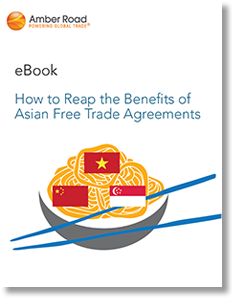Reaping the Benefits of Asian Free Trade Agreements
More and more companies are realizing the benefits of fully managing eligible FTAs within the Asian region, this eBook explores the complexities created by the abundant presence of bilateral trade agreements in Asia.
Beginning around the year 2000, Asian governments placed more emphasis on bilateral free trade agreements (FTA) compared to multilateral agreements.
These bilateral agreements were viewed as easier to negotiate and provided a quicker way to open up new export markets.
The chart below depicts the growth of concluded FTAs from 2000-2015.
The growth of bilateral FTAs in this region has led to what many economists refer to as the “noodle bowl problem.”
Rather than having an integrated set of trade rules applicable to the various governments, the region is complicated by dozens of bilateral agreements that are often inconsistent.
These squiggly lines connecting trade agreements result in a variety of tariff rules and administrative processes.
This makes it more difficult for companies to manage the compliance requirements so they can take full advantage of FTAs within the Asian region.
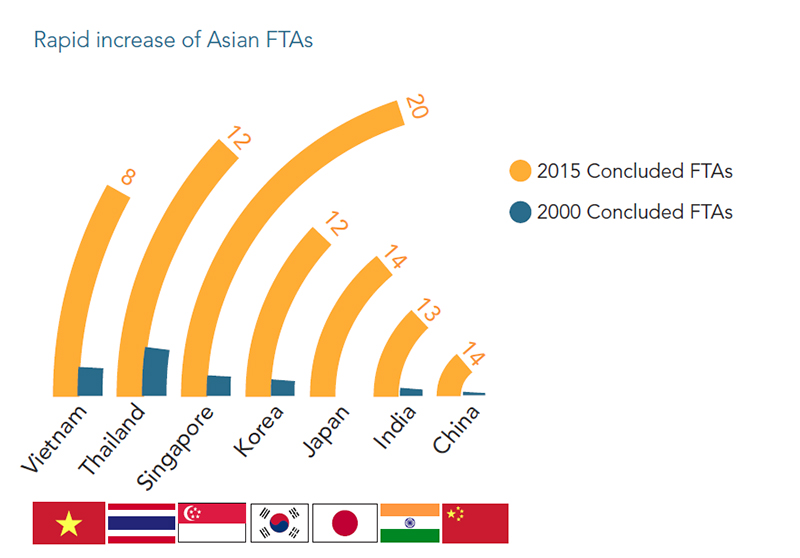
What’s Related

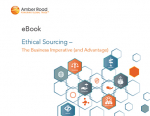
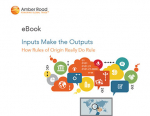
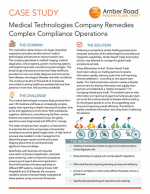
Favorites





